Potential historic Iranian nuclear deal still possible
Updated: 2015-09-13 16:57
(Xinhua)
|
||||||||
Kelsey Davenport of the Arms Control Association told Xinhua a deal was possible as no one wanted to walk away as the stakes were very high and there were still options available.
Indeed, the weak Iranian economy is a strong incentive for the gulf nation to go through with the historical deal as the crippling western banking and oil embargo has seriously hurt the country's economy.
Additionally, with the plummeting global oil price, which recently hit a four-year low after plunging more than 25 percent since mid-June, Iran's economic situation could get worse still.
Iran currently exports oil at a rate of around 1.3 million barrels per day (bpd), compared to 2.3 million bpd before the sanctions were imposed.
Were the deal to go through, Iran could expect a significant increase of its crude output. Iran's oil minister Bijan Namdar Zanganeh said Tehran could be pumping four million bpd of crude within months of sanctions being lifted.
Although Iranian President Hassan Rouhani has introduced reforms to stabilize the Iranian currency, the rial, and lower unemployment, it's clear that its economic situation could continue to deteriorate without a nuclear deal.
"The prize for Iran is huge; getting access to a very large amount of frozen assets, the ability to trade freely with the world again, and the ability to reset the relationships with the international community," British Foreign Secretary Philip Hammond said.
When Rouhani assumed office last year, he bet on having international sanctions eased to improve his nation's economic condition and sees the nuclear deal as a vital for his government and political future.
The talks seemed to receive unprecedented support this time around, according to Reza Marashi, the research director of the National Iranian American Council, who worked in the Office of Iranian Affairs at the US Department of State.
Marashi told Xinhua that Iran's supreme leader Ayatollah Ali Khamenei, who has the final say in his country, supported all steps in the nuclear negotiation.
"It's not possible he will kill the deal in Vienna this time, " Marashi said.
Indeed, another extension could make the talks more complicated.
On the US side, Republicans won a sweeping victory in the US
Senate after the midterm elections and will take the new congress in January, a factor that will hinder Barack Obama's progress during his last two years of the presidency.
This could make it difficult for the American president's negotiations with Iran as US Congress would have to approve any permanent lifting of American sanctions on Iran. The Obama administration would have to win over the hardliners in the congress who are skeptical to the deal.
"We are not discussing an extension. We are negotiating to have an agreement. It's that simple," Kerry said in Paris before boarding the flight to Vienna, insisting negotiators were committed to reaching agreement by the Monday deadline.
Davenport agreed. "If a deal is not struck before January, it could be hard to prevent (the new) congress from taking actions that would hurt the talks," she said.
- Russian military experts present in Syria
- Norway PM says Norwegian citizen taken hostage in Syria
- Hungarian TV journalist fired for tripping up fleeing migrants
- Leaders from EU, Russia, Ukraine to meet in Paris in Oct
- Music is food for the soul for young Chinese violinist
- Australia's Tasmania, China agree to 'work together' on Antarctic expeditions
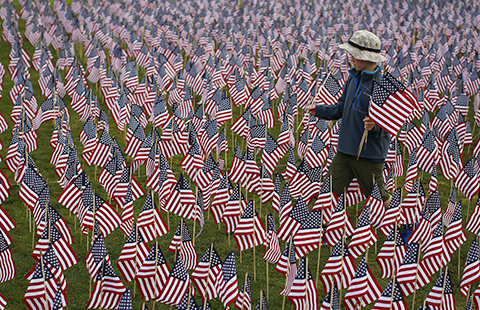
 Americans mark the 14th anniversary of 9/11 attacks
Americans mark the 14th anniversary of 9/11 attacks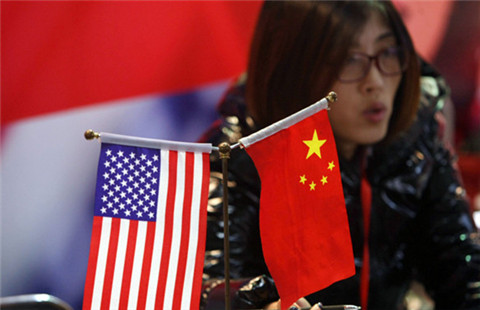
 7 ways Chinese travelers benefit from the US visa extension
7 ways Chinese travelers benefit from the US visa extension
 In pictures: School life from the lens of sports teacher
In pictures: School life from the lens of sports teacher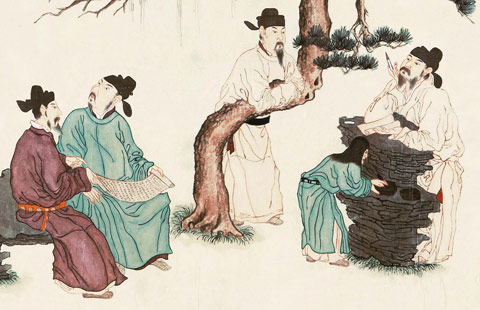
 Ten treasures from Palace Museum to look forward to
Ten treasures from Palace Museum to look forward to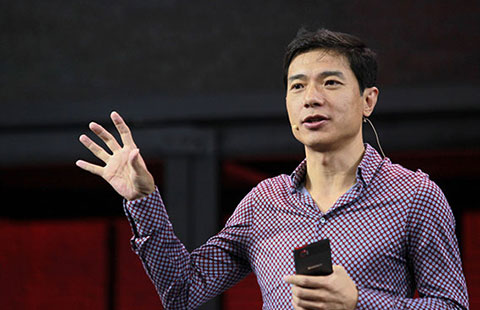
 Top 10 richest Chinese tech giants
Top 10 richest Chinese tech giants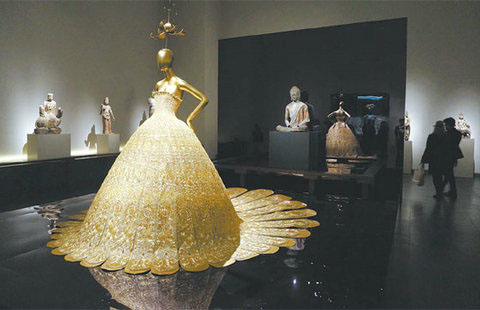
 10 years of Sino-US exhibitions
10 years of Sino-US exhibitions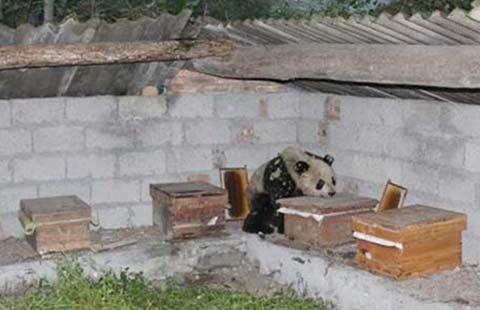
 Greedy panda eats ten boxes of honey
Greedy panda eats ten boxes of honey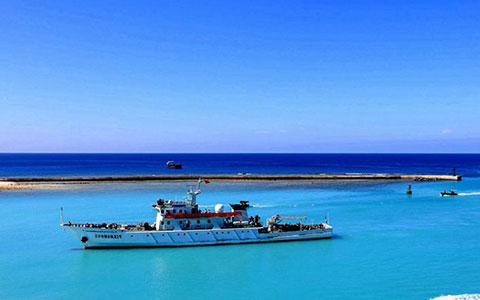
 Soldiers in Sansha guard the islands
Soldiers in Sansha guard the islands
Most Viewed
Editor's Picks

|

|

|

|

|

|
Today's Top News
Over 14,500 Chinese pilgrims in Mecca
Xi's trip to US to 'chart course' for ties
US to accept 10,000 Syrian refugees, says White House
WWII veterans awarded medals for victory efforts
LA still a top destination for tourists even as China's economy slows
New iPhones unveiled
Inside look at Apple's newly-launched products
Peking Opera performance thrills NY
US Weekly

|

|







